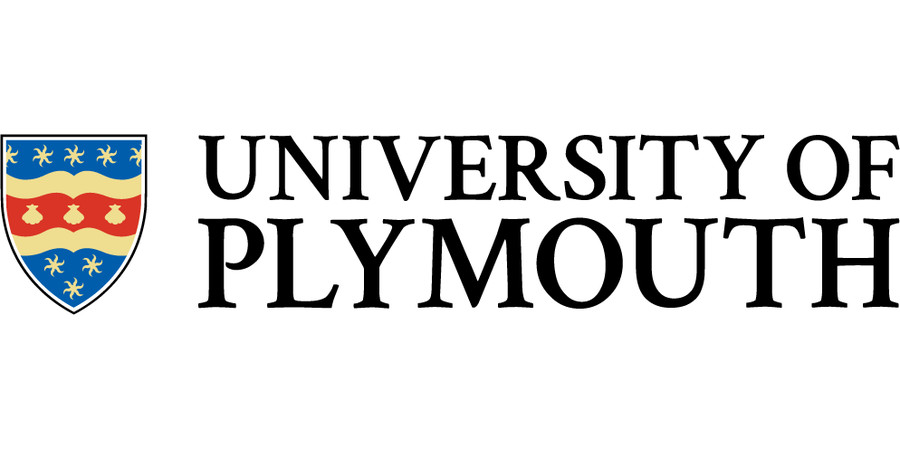PhD Studentship: Tools to understand energy use in wild fish populations: Habitat solutions for sustainable fisheries
University of Plymouth
| Qualification Type: | PhD |
|---|---|
| Location: | Devon, Plymouth |
| Funding for: | UK Students, EU Students, International Students |
| Funding amount: | : The studentship is supported for 3.5 years and includes Home or International rate tuition fees plus a stipend of £19,237 per annum 2024-25 rate (2025-26 rate TBC) |
| Hours: | Full Time |
| Placed On: | 5th December 2024 |
|---|---|
| Closes: | 3rd February 2025 |
Lead Supervisor (DoS): Dr Benjamin Ciotti
Second Supervisor: Professor Clive Trueman
Third Supervisor: Dr Keiron Fraser
Applications are invited for three 3.5 year PhD studentships with the Marine Institute at the University of Plymouth.
The studentships are due to start on 1st October 2025.
This project is one of nine topics being considered for an anticipated three studentships. Six topics are inviting candidates from open recruitment, with the remaining three following a different route to interview. The studentships will be allocated to the best combinations of candidate and project as they emerge from the interviews across all topics.
Plymouth has been at the forefront of global marine research for more than a century, and today it is home to the largest concentration of marine researchers in the UK. Come and join our vibrant community of marine PhD students.
Project Description
Partitioning of energy among interlinked processes of growth and metabolism is central to an organism’s performance. Commonly measured in the laboratory, few options exist to quantify growth and metabolic rate in the field, but this is essential for assessing the status of wild populations and therefore identifying approaches to safeguard biodiversity, mitigate climate change and sustainably manage marine resources.
Coastal fisheries are dominated by species that rely on vulnerable inshore habitats (e.g. seagrass, saltmarsh) as juveniles. Despite initiatives to protect and restore nurseries supporting high juvenile abundances, the extent to which different habitats support growth is often unknown. Scientists in Plymouth and Southampton are pioneering novel techniques to measure growth and metabolic rate in wild juvenile fishes. This project is an exciting first opportunity to experimentally validate and integrate these state-of-the-art tools towards an integrated understanding of growth and metabolism in situ, as a solution for identifying fish nurseries.
Working in exceptional aquarium facilities at University of Plymouth’s Brixham Laboratory, trials will be conducted with juvenile turbot (a locally-available, high-value fisheries species) to examine how field indices of growth (muscle RNA content) and metabolic rate (otolith carbon isotope analysis) relate to rates of protein synthesis, oxygen consumption and somatic growth under contrasting food rations and temperatures. Lab results will be synthesised with data from recent experiments in other species to develop general ecophysiological models predicting growth and metabolic rate from chemical analysis of tissues, thus creating universal tools for assessing energy metabolism in wild juvenile fish. These tools will be validated in field applications comparing the quality of turbot nurseries.
Training will be provided in field survey methods, fish husbandry, and advanced laboratory approaches that bridge complementary expertise of supervisors in biochemical growth indices (Ciotti), protein metabolism (Fraser) and otolith geochemistry (Trueman). This project is therefore an unrivalled opportunity to develop a unique, in-demand skillset and the specific expertise to deliver solutions for effective fisheries and ecosystem management.
If you wish to discuss this project further informally, please contact Dr Benjamin Ciotti
For further information on Eligibility and Funding, please click on the links below:
To apply for this position please click on the Apply button above.
Please clearly state the name of the DoS and the studentship that you are applying for at the top of your personal statement.
The closing date for applications is 12 noon on Monday 3rd February 2025.
Advert information
Type / Role:
Subject Area(s):
Location(s):









